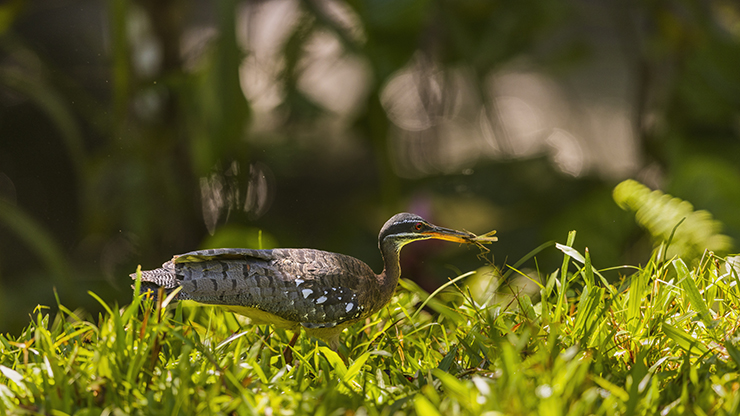
The last flip of the calendar found me in Costa Rica being hosted at the legendary Rancho Naturalista. I stumbled into the hotel about forty minutes shy of midnight, but there was a hot meal waiting for me. Stir fried vegetables and hefty, stuffed portobello mushrooms satiated parts of me I didn’t know existed. The following morning I hadn’t yet found my footing, and just as it unfolded the previous night, I stumbled into the main area of the hotel to find breakfast waiting on me. Brown Jays and Montezuma Oropendolas peered at this interloper struggling to adjust, eyes squinting to perceive Rufous-tailed Hummingbird and Violet-headed Hummingbird at a nearby verbena bush. A sigh escaped, I was right at home.
Over the next ten days, I was subjected to a selection of birding tours out of Rancho Naturalista – which surely will be shared here. The first of these was to locate a bird that I only just learned is called “garza del sol” locally thanks to this article by Stephen Moss – who coincidentally shared that breakfast table on that first shaky morning. I must assure you, dear reader, that all instability was instantly cured by a single cup of fabulously strong coffee. So effective was the coffee at Rancho Naturalista that they graciously equipped me with 1kg of the elixir to return to T&T with. Which is exactly why I’m still alive at this point.
Anyway, back to this mission. It being the first trip out of the estate, we began shortly after breakfast. On paper, it was meant to be a relatively straightforward task. Drive down the hill, check the river, check the other river, repeat ad infinitum until eyes fall on the object of our desire for the day: a Sunbittern. My only previous experience with this bird was a fleeting one, on that occasion it wafted away on cosmic wings before I had a chance to close my mouth that had unconsciously fallen agape upon seeing the creature.
Our guide, Harry, checked that first river at the bottom of the hill but came up empty. The second river curled around a football field, traversing the perimeter of which brought up distant memories of when I used to move at a slightly quicker tempo. Nevertheless, we stayed single-minded and trodded confidently over the fallen leaves as the river was furious and roaring. Must create quite the ambience for the football games; at least until the ball falls into the river. Meanwhile, a Social Flycatcher sallied for insects over our heads and a Black Phoebe kept an eye nearer to the ground. A Summer Tanager emerged over the embankment while Red-eyed Vireos hopped from branch to branch. As we broke into an unobstructed view of the river, a Fasciated Tiger-Heron flushed and flew downriver. No sign of a Sunbittern, however.
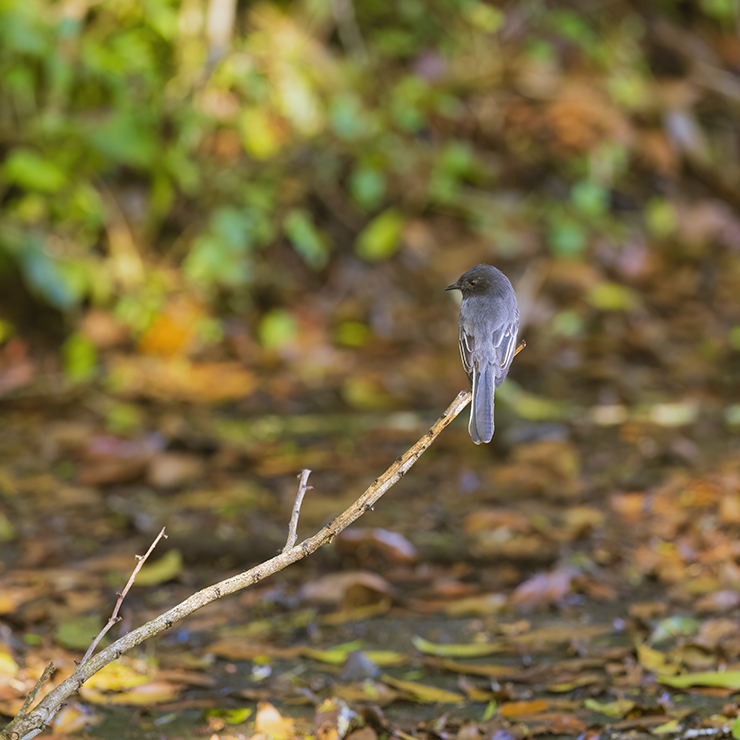
Black Phoebe
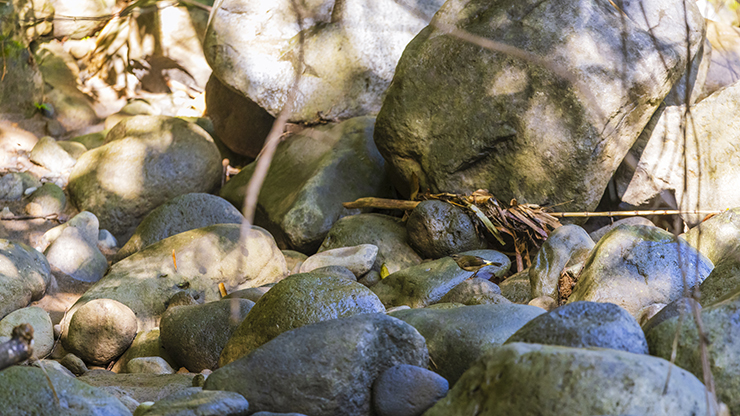
A near micro-movement along the river turned out to be a Buff-rumped Warbler.
An increase in altitude of a couple hundred metres took us to our next destination which unfortunately also yielded birds but not the bird. While slowly driving back to the main road Harry’s eagle eyes caught the feet of a Sunbittern moving around within a cowshed. Slowly, we got out, and gingerly walked among the cows to a point where we could potentially get a view of the bird. I climbed onto a less-than-sturdy bale of grass to try my luck – and fortunately the dice rolled in my favour. In addition to not falling off, I also finally had a proper, unhindered view of a Sunbittern.

Sunbittern
One of the caveats about enjoying a bird such as this is the fact that its most defining feature can only be seen if its wings are spread. Among cows, despite the prying eyes of excited humans, this Sunbittern was content to amble around.
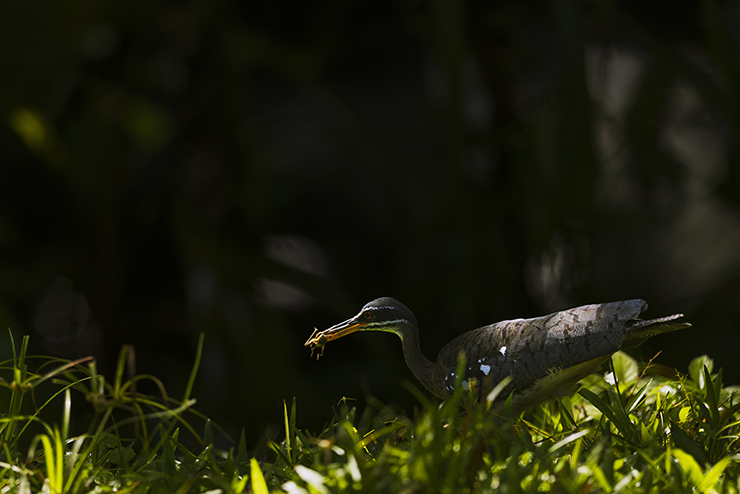
We watched this Sunbittern for considerable time. Eventually it drifted down the steep slope to the river, taking to the wing just at the limits of where we could see.
Not entirely satiated, we continued on. Our final stop entailed a short perambulation on a hillside trail overlooking a sheer drop to a crystal clear river about twenty metres below. Surely there were other birds but we soon spotted a rather skittish Sunbittern in the river and instantly became dialled in. This variation in personality from one bird to another was interesting to say the least: what level of individualism exists in nature, and to what extent can we really perceive it? Either way, the wariness of this individual played in our favour, as once we’d approach within a line of sight it’d become uncomfortable and relocate.
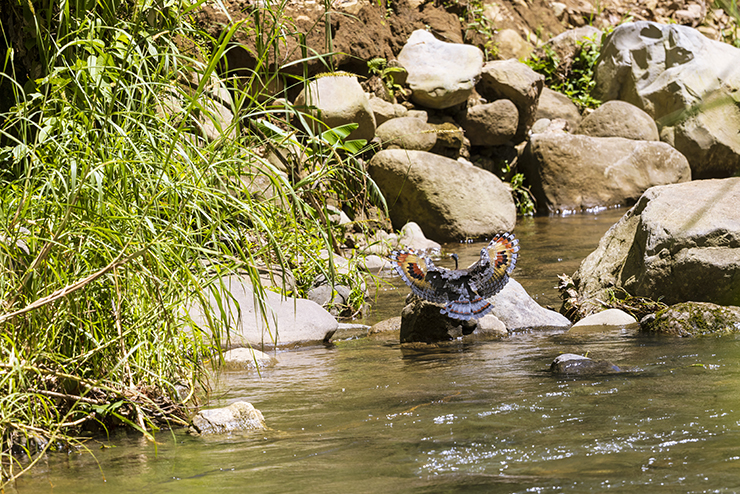
From a distance, it was easy to follow the Sunbittern as it flew from one rock to another.
With all this pressure finally lifted, we were able to let our eyes wander to other creatures. Boat-billed Flycatchers and Golden-hooded Tanagers became apparent, while a young Brown Basilisk camouflaged itself among the debris in the river. Excitement really ramped up when we began hearing an approaching group of Dusky-faced Tanagers, as they were rarely seen in the area.
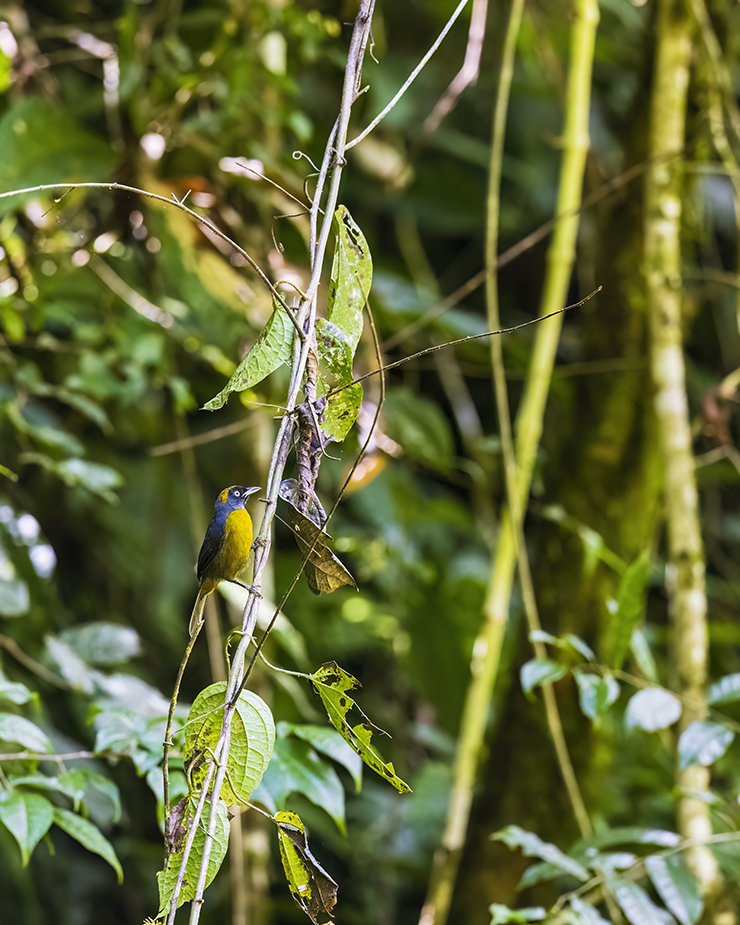
Dusky-faced Tanager
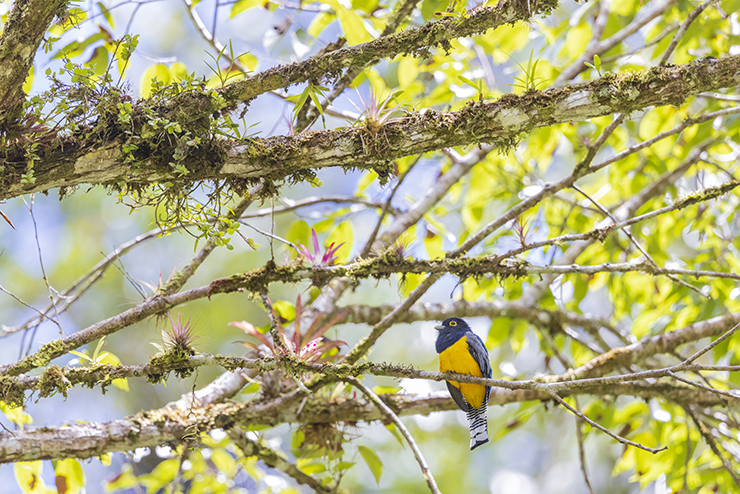
A Gartered Trogon gave me a good look just as we were returning to the vehicle. Formerly part of the Violaceous Trogon complex, I pardoned myself for consistently trying to say “Guianan” instead of the appropriate “Gartered“.
Once I got in the vehicle I learned that while I was otherwise occupied, a Black Hawk-Eagle cruised overhead. Probably chuckling as it noticed my camera pointed at something else. Enjoy a live-action version of these events here.




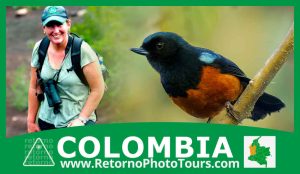



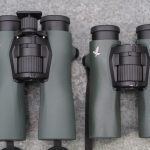
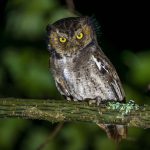
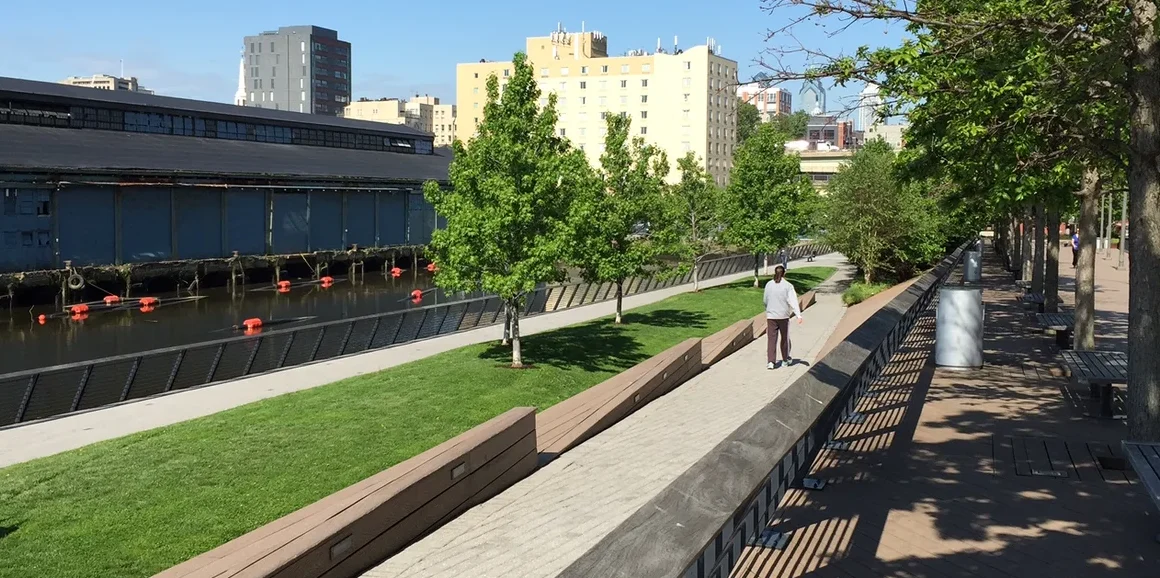
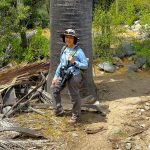
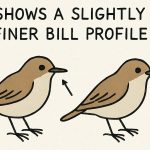
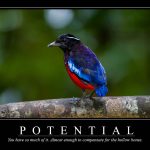
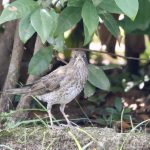
Very cool post! Costa Rica rose on the to do list…
I can promise that its buoyancy will prevail…
Thank you Faraaz, what a beauty the sunbittern is!
You can add the https://www.10000birds.com/tag/rancho-naturalista tag, too
We spoke very highly of you, Dragan!
Oh, thank you Faraaz, it would be great to bird with you at T&T some day